Mozambique: Mondlane says has information that he will be arrested upon his return from Europe - ...
Mozambican president announces civil society participation in discussions on state reforms
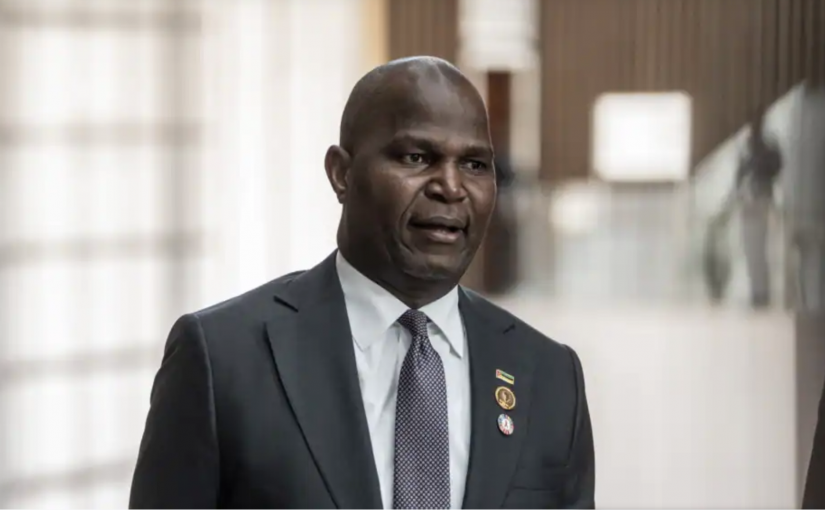
File photo: AFP
The President of Mozambique, Daniel Chapo, announced yesterday the participation of three civil society figures of “recognized merit” in the committees and working groups that will debate the political agreement aimed at state reforms.
“The document itself [the political agreement] states the need to have three civil society figures who we believe will need to draw up terms of reference for the inclusion of these figures of recognized merit to society and who will join the group that will start working on this process,” Mozambican president Daniel Chapo told the press.
The president of Mozambique again today met the nine signatories to the March 5 political agreement to debate state reforms.
After signing the agreement, the president of Mozambique announced the creation and formalization of a technical committee and the creation of working groups that will include various professional and social classes, and that the last phase will include, he said, public discussion of the matters and documents.
An action plan will therefore be drawn up for the implementation of the political agreement. “Terms of reference will also be drawn up for the integration of three civil society figures of recognised merit at the level of society,” Chapo reiterated, passing a “positive assessment” and noting the “satisfaction” of the population with the agreement that “does not discuss personal and group interests”.
The political understanding was signed by President Chapo with the parties with seats in parliament, namely the Front for the Liberation of Mozambique (Frelimo), the Optimistic People for the Development of Mozambique (Podemos), the Mozambican National Resistance (Renamo) and the Democratic Movement of Mozambique (MDM).
The non-parliamentary parties New Democracy (ND), the National Reconciliation Party (Parena), the Social Renewal Party (Pareso), the Humanitarian Party of Mozambique (Pahumo) and the Democratic Revolution (RD) also signed.
Mozambique has been experiencing a climate of strong social unrest since October, with demonstrations and strikes called by Venâncio Mondlane, who rejects the election results of October 9, which gave victory to Daniel Chapo. Currently, the protests, now on a small scale, have been taking place in different parts of the country and, in addition to contesting the results, the people complain about the increase in the cost of living and other social problems.
Since October, at least 353 people have died, including around two dozen minors, according to the Decide Platform. The Mozambican government has confirmed at least 80 deaths, in addition to the destruction of 1,677 commercial establishments, 177 schools and 23 health units during the demonstrations.


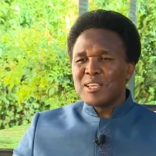
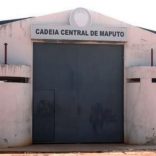

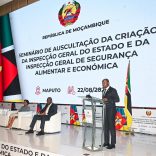
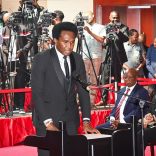
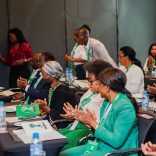





Leave a Reply
Be the First to Comment!
You must be logged in to post a comment.
You must be logged in to post a comment.